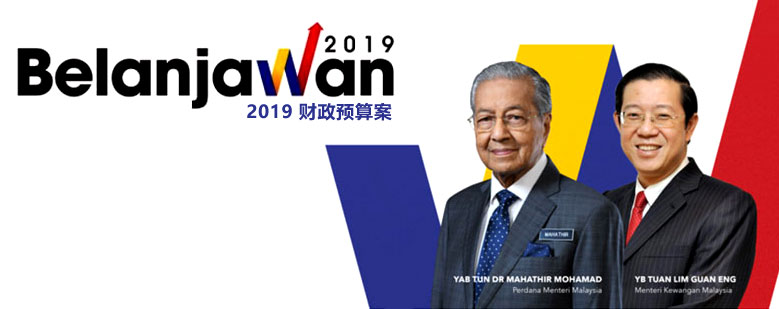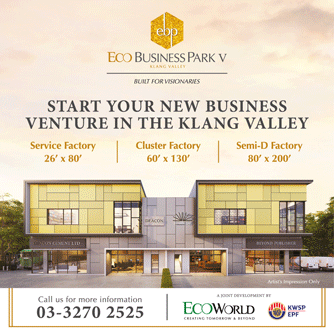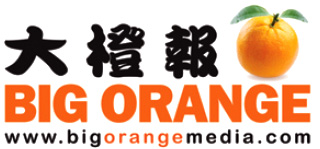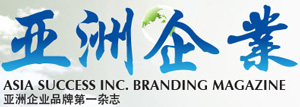ASEAN: Current AEC Scorecard Implementation Rate Stands At 90.5 Per Cent
[ 05-05-2015 ]
ASEAN: Current AEC Scorecard Implementation Rate Stands At 90.5 Per Cent
LANGKAWI, April 28 (Bernama) -- The current implementation rate of the ASEAN Economic Community (AEC) Scorecard, targeted for ASEAN-wide implementation from 2008-2015, stands at 90.5 per cent out of 506 measures.
Continuing progress, adoption of the frameworks of rules, coupled with various liberalisation and facilitation measures, send a strong signal that the region is moving forward as an economic community by January 1, 2016.
This was contained in the Chairman's Statement issued following the conclusion of the 26th ASEAN Summit, presided over by Malaysian Prime Minister Datuk Seri Najib Tun Razak, in Kuala Lumpur and Langkawi on April 26-27.
"We commend the ASEAN Economic Ministers' (AEM) identification of pending prioritised key deliverables with the highest trade impact and that can be implemented within the year," the ASEAN leaders said in the statement.
The AEC is set to come into effect by year-end with the aim of creating a single market and production base in the region to further bolster ASEAN's progress and prosperity.
Meanwhile, ASEAN economic growth is projected to improve in 2015 to 4.9 per cent, well above the latest global growth estimation of 3.5 per cent, bolstered by a further increase in investments.
The region remains an attractive investment destination with the establishment of the AEC, and continued focus on infrastructure development to improve connectivity.
There were robust inflows of investments to the region, which in 2014 stood at US$136.2 billion, reflecting a 15.7 per cent year-on-year growth.
ASEAN's economy grew by 4.4 per cent in 2014 amid challenges in the global economy, with total trade amounting to US$2.53 trillion, a marginal increase of 0.8 per cent from the previous year.
"Domestic demand in our economies has remained resilient, supported mainly by private consumption," the leaders said.
In fostering a business-enabling environment, ASEAN has put in place legal structures on competition, consumer protection and intellectual property.
ASEAN also welcomed the further elimination of tariffs by Cambodia, Laos, Myanmar and Vietnam on Jan 1, 2015.
The elimination of duties on the remaining 7.0 per cent tariff lines by 2018, will further contribute to the development of a more integrated regional market.
ASEAN leaders also welcomed the decision to improve on the ASEAN Consultation to Resolve Trade and Investment Issues (ACT), an internet-based mechanism intended as a network between ASEAN members to address operational issues encountered in the implementation of economic agreements, which will be re-launched by year's end.
They said in the statement that investment regimes in ASEAN member states will continue to be enhanced through improvements and removal of restrictions under the ASEAN Comprehensive Investment Agreement (ACIA), as well as through various other initiatives such as the on-going Investment Policy Reviews.
The Kuala Lumpur/Langkawi summit looked forward to its full implementation to increase intra-ASEAN investments and enhance ASEAN's competitiveness in attracting investments into the region.
On external relations, ASEAN looked forward to the conclusion of the Upgrading of the ASEAN-China Free Trade Agreement (ACFTA) and the signing of the Protocol to incorporate the Trade in Services and Investment Chapters under the ASEAN Japan Comprehensive Economic Partnership (AJCEP) Agreement.
In the meantime, the ASEAN-Hong Kong Free Trade Agreement (AHKFTA) negotiations is progressing well.
On the progress made in negotiations for the Regional Comprehensive Economic Partnership (RCEP), ASEAN urged all parties to intensify efforts with the aim of concluding negotiations by end-2015.
Given RCEP's potential, Economic Ministers are tasked to identify pragmatic, credible, and acceptable approaches to all parties, taking into consideration the different levels of development among ASEAN member, plus additional flexibility for the least developed among them.
ASEAN also expressed its appreciation to Turkey for inviting the grouping to participate in the G20 Summit in Antalya, Turkey, in November 2015 as well as related G20 meetings throughout the year.
"It is an acknowledgement of ASEAN's role as a constructive and successful regional organisation. We will continue to provide constructive input and highlight ASEAN's views and perspectives concerning the international financial infrastructure," the ASEAN leaders said.
-- BERNAMA
Continuing progress, adoption of the frameworks of rules, coupled with various liberalisation and facilitation measures, send a strong signal that the region is moving forward as an economic community by January 1, 2016.
This was contained in the Chairman's Statement issued following the conclusion of the 26th ASEAN Summit, presided over by Malaysian Prime Minister Datuk Seri Najib Tun Razak, in Kuala Lumpur and Langkawi on April 26-27.
"We commend the ASEAN Economic Ministers' (AEM) identification of pending prioritised key deliverables with the highest trade impact and that can be implemented within the year," the ASEAN leaders said in the statement.
The AEC is set to come into effect by year-end with the aim of creating a single market and production base in the region to further bolster ASEAN's progress and prosperity.
Meanwhile, ASEAN economic growth is projected to improve in 2015 to 4.9 per cent, well above the latest global growth estimation of 3.5 per cent, bolstered by a further increase in investments.
The region remains an attractive investment destination with the establishment of the AEC, and continued focus on infrastructure development to improve connectivity.
There were robust inflows of investments to the region, which in 2014 stood at US$136.2 billion, reflecting a 15.7 per cent year-on-year growth.
ASEAN's economy grew by 4.4 per cent in 2014 amid challenges in the global economy, with total trade amounting to US$2.53 trillion, a marginal increase of 0.8 per cent from the previous year.
"Domestic demand in our economies has remained resilient, supported mainly by private consumption," the leaders said.
In fostering a business-enabling environment, ASEAN has put in place legal structures on competition, consumer protection and intellectual property.
ASEAN also welcomed the further elimination of tariffs by Cambodia, Laos, Myanmar and Vietnam on Jan 1, 2015.
The elimination of duties on the remaining 7.0 per cent tariff lines by 2018, will further contribute to the development of a more integrated regional market.
ASEAN leaders also welcomed the decision to improve on the ASEAN Consultation to Resolve Trade and Investment Issues (ACT), an internet-based mechanism intended as a network between ASEAN members to address operational issues encountered in the implementation of economic agreements, which will be re-launched by year's end.
They said in the statement that investment regimes in ASEAN member states will continue to be enhanced through improvements and removal of restrictions under the ASEAN Comprehensive Investment Agreement (ACIA), as well as through various other initiatives such as the on-going Investment Policy Reviews.
The Kuala Lumpur/Langkawi summit looked forward to its full implementation to increase intra-ASEAN investments and enhance ASEAN's competitiveness in attracting investments into the region.
On external relations, ASEAN looked forward to the conclusion of the Upgrading of the ASEAN-China Free Trade Agreement (ACFTA) and the signing of the Protocol to incorporate the Trade in Services and Investment Chapters under the ASEAN Japan Comprehensive Economic Partnership (AJCEP) Agreement.
In the meantime, the ASEAN-Hong Kong Free Trade Agreement (AHKFTA) negotiations is progressing well.
On the progress made in negotiations for the Regional Comprehensive Economic Partnership (RCEP), ASEAN urged all parties to intensify efforts with the aim of concluding negotiations by end-2015.
Given RCEP's potential, Economic Ministers are tasked to identify pragmatic, credible, and acceptable approaches to all parties, taking into consideration the different levels of development among ASEAN member, plus additional flexibility for the least developed among them.
ASEAN also expressed its appreciation to Turkey for inviting the grouping to participate in the G20 Summit in Antalya, Turkey, in November 2015 as well as related G20 meetings throughout the year.
"It is an acknowledgement of ASEAN's role as a constructive and successful regional organisation. We will continue to provide constructive input and highlight ASEAN's views and perspectives concerning the international financial infrastructure," the ASEAN leaders said.
-- BERNAMA






























